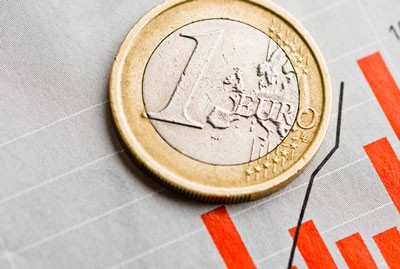France’s pharmaceutical market value will crawl to $48.2 billion by 2020 as generics limit growth
Posted: 4 February 2015 |
The French pharmaceutical market is forecast to grow at a tepid Compound Annual Growth Rate (CAGR) of 0.7% from $46.2 billion in 2014 to $48.2 billion by 2020, restricted by an increasing focus on generic drugs, according to research and consulting firm GlobalData…




The French pharmaceutical market is forecast to grow at a tepid Compound Annual Growth Rate (CAGR) of 0.7% from $46.2 billion in 2014 to $48.2 billion by 2020, restricted by an increasing focus on generic drugs, according to research and consulting firm GlobalData.
The company’s latest report states that France was a relatively late entrant to the generics market compared to the UK and Germany. In 2008, generic drugs accounted for 21.7% of the pharmaceutical market in terms of volume, which increased to 30.2% in 2013.
Joshua Owide, GlobalData’s Director of Healthcare Industry Dynamics, says that the French government is promoting generics as a measure to reduce healthcare expenditure. In September 2012, it introduced a scheme under which patients who agree to generic substitution will not be required to pay for their drugs.
Owide explains: “While patented drugs dominate France’s pharmaceutical market, the volume of prescribing attributed to generic drugs will shift closer to levels seen in the rest of Europe, restricting French market growth.
“The generic sector is mainly driven by a favorable regulatory regime, patent expirations and a variety of government incentives for physicians, pharmacists and patients to choose generics ahead of branded products.”
Despite the negative impact of generics, France’s pharmaceutical market will be boosted by a number of factors, including an aging population, tax incentives, a substantial skilled workforce and high public healthcare expenditure.
Owide comments: “By 2020, France’s elderly population is expected to account for almost 20% of the total population. As this demographic demands more medication than younger demographics, the need for high-quality healthcare is increasing.
“Additionally, numerous incentives, such as the abolition of corporate tax and the Research Tax Credit to support research and development, are enhancing the competitiveness of healthcare enterprises and will help to sustain the pharmaceutical market.”







